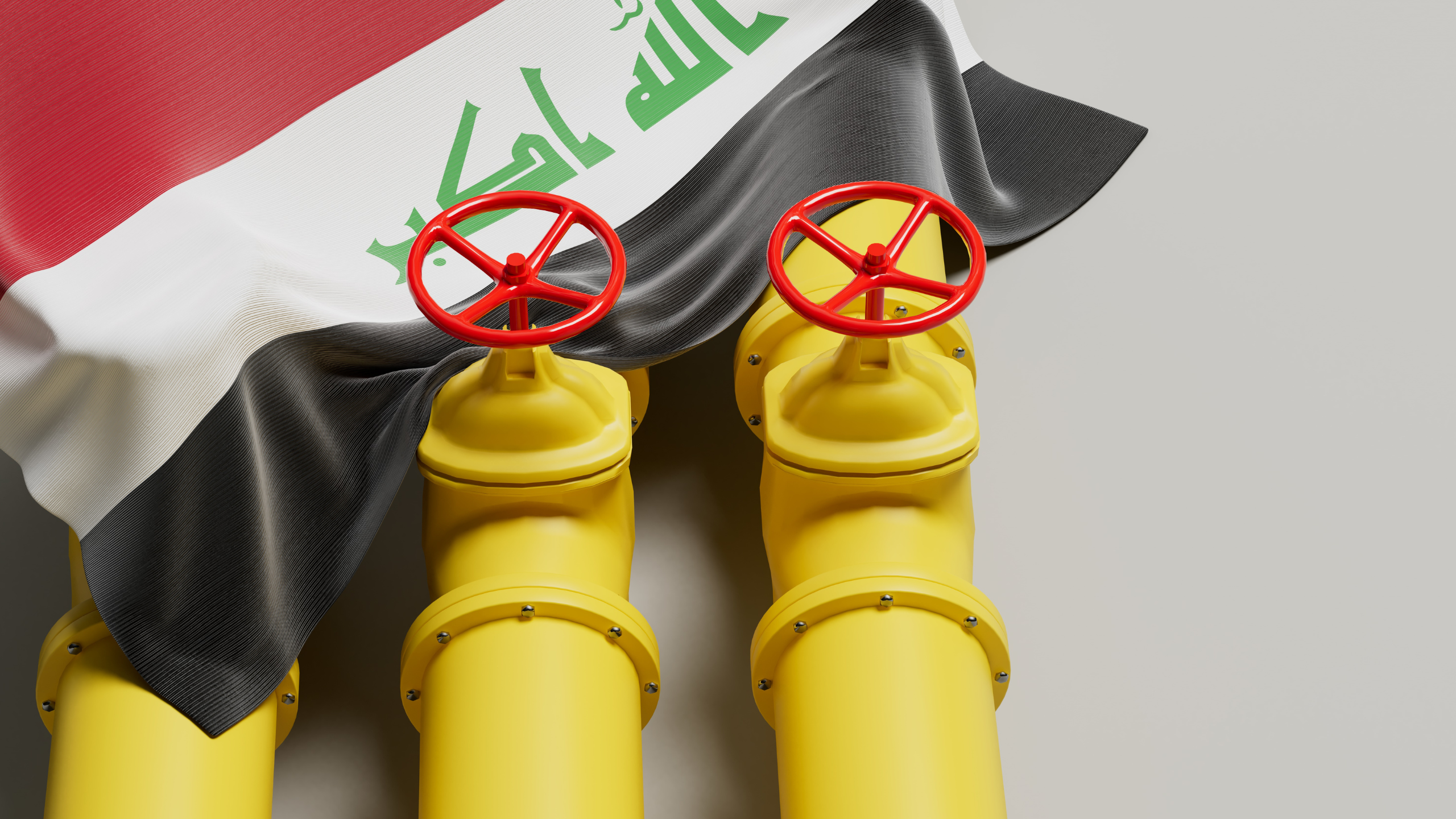Date first published: 02/10/2025
Key sectors: energy; political; fiscal stability; investment
Key risks: political stability; economic risks; business risks
Risk development
On 27 September oil exports from the Kurdistan Region of Iraq (KRI) resumed through the Kirkuk-Ceyhan pipeline after a two-and-a-half-year suspension. The restart followed a 22 September agreement between Baghdad, the Kurdistan regional Government (KRG) and international oil companies (IOC), mandating Erbil to deliver 230,000 barrels per day (bpd) to Iraq’s State Oil Marketing Organisation (SOMO) at US$16 per barrel – a compromise rate between Baghdad’s previous US$6-8 offer and the IOCs’ US$20 demand – while retaining 50,000 bpd for domestic use.
Why it matters
The resumption provides both Baghdad and Erbil with urgently needed revenues. Iraq lost an estimated US$11m daily from halted KRI exports, while the KRG faced spiralling budget arrears, salary delays and growing domestic discontent. For Iraqi Prime Minister Mohammad Shia al-Sudani, the deal reflected political pragmatism ahead of the 11 November parliamentary elections, demonstrating responsiveness to US pressure and ability to deliver fiscal stability. For the KRG, it secured recognition of contracts with IOCs and partial financial relief, offering space to stabilise governance. However, the monthly renewable framework presents fragility: rival political factions could weaponise the deal in Baghdad, while renewed disputes over entitlement risk undermining Erbil’s already precarious financial position.
Background
The Kirkuk-Ceyhan pipeline – which runs from oil fields in Kirkuk province through the KRI and across the Turkish-Iraqi border to the port of Ceyhan in Ankara – closure in March 2023 followed the ICC’s ruling against Turkey, which had violated the 1972 Iraq-Turkiye Pipeline (ITP). Baghdad demanded Ankara halt unauthorised Kurdish exports, leading to an abrupt suspension of around 400,000 bpd. The shutdown inflicted significant losses – estimated at over US$35bln since 2023 – while souring investment sentiment across the KRI. Negotiations between Baghdad, Erbil and IOCs remained deadlocked through 2025, complicated by constitutional disputes over hydrocarbons. Baghdad insisted on federal oversight, citing Supreme Court rulings that declared KRG oil contracts unconstitutional in 2022 and 2024, and Erbil sought recognition of production-sharing agreements and guarantees of budget transfers. International partners such as the US pressed for a resolution, viewing restoration of flows as a means to boost global supplies.
The drone attacks on KRI oil fields and energy infrastructure in June-July, carried out by unidentified actors, subsided after Baghdad and Erbil indicated progress toward a revenue-sharing deal. Nevertheless, that agreement never materialised, highlighting the fragile nature of such arrangements and the potential for renewed disruptions if the current deal collapses.
Under the 27 September deal, Erbil agreed to relinquish marketing rights and exports through SOMO, while Baghdad accepted in-kind compensation mechanisms for IOCs and assumed transit fees. Both actors gained tactical wins, as Baghdad embedded Kurdish barrels in the deferral budget and Erbil ensured continuity of its contracts and recognition of its domestic energy sector. Yet, the deal remains provisional, subject to monthly renewals until December.
Risk outlook
The deal’s sustainability is uncertain. Shi’ah factions hostile to PM al-Sudani may frame the agreement as a concession undermining sovereignty, especially ahead of the elections. Baghdad may once again delay or condition budget transfers if presented with mounting opposition. If the vote produces a fragmented parliament or a weaker al-Sudani-led coalition, the agreement could unravel. Turkey’s role remains decisive, as it is likely to leverage pipeline negotiations to extract broader concessions from Baghdad and Erbil before the ITP treaty expires in July 2026, as it faces a US$1.5bln arbitrary penalty. As such, a failure to reach a trilateral framework risks another shutdown.
IOCs, although temporarily reassured, remain exposed to contractual uncertainty and political risks. Intermittent disputes disrupting flows and budget transfers are expected in the short term. Unless Baghdad and Erbil use this window to negotiate a durable framework, this deal will join the long list of temporary bargains underpinning Iraq’s fragile political economy in the medium term.

